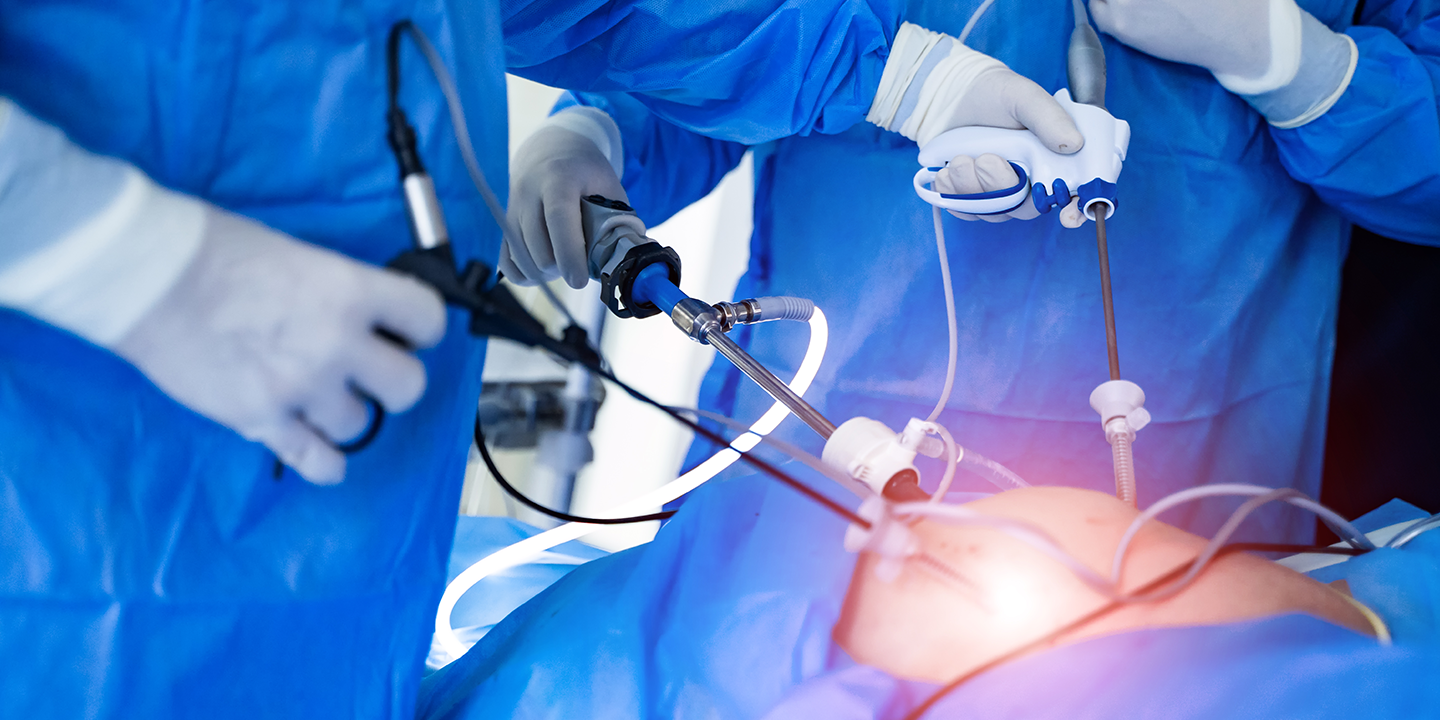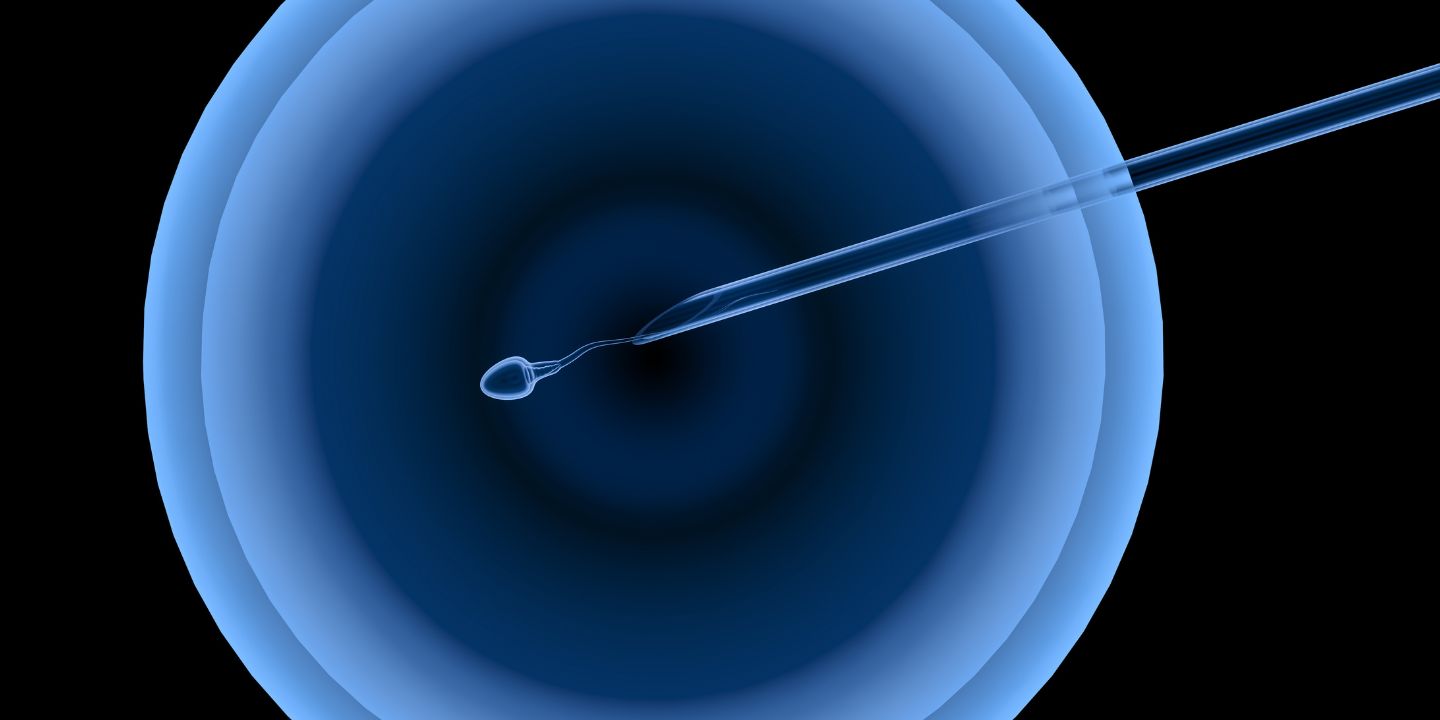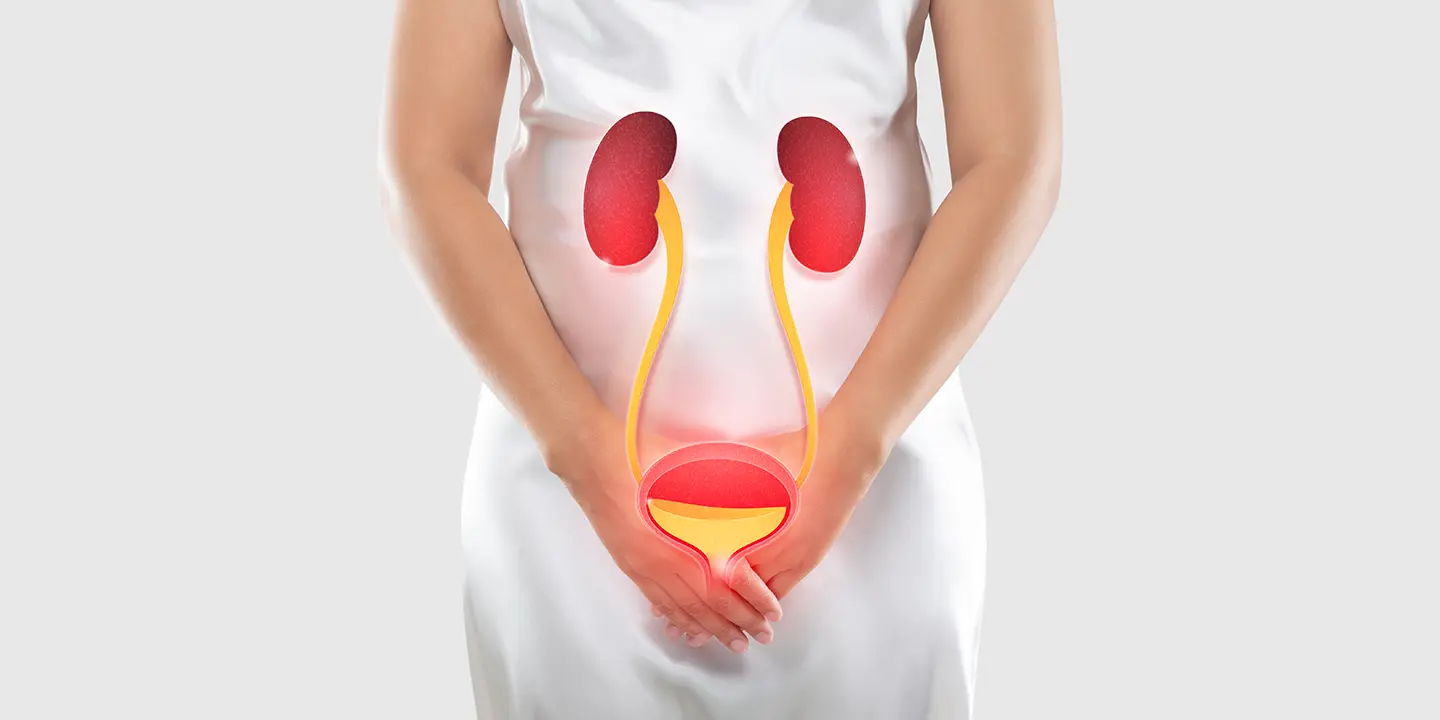
Female infertility is a disease of the reproductive system wherein a woman is unable to become pregnant after 12 months of regular unprotected sexual intercourse (or 6 months if a woman is of age 35 or above).
According to the IVF Specialist in Delhi, India, there are no outward signs that can indicate infertility. However, some conditions might confirm its presence. Such conditions include:
• Irregular menstruation
Longer (35 days or more) or shorter (less than 21 days) menstrual cycle
• Unusual pain
Excruciating pain during sex, painful periods, or unusual vaginal bleeding
• Gaps in menstruation
Absence of menstruation for 3 months or more due to anovulation
In this Article
Causes of Female Infertility
While conception is a smooth process, infertility may occur due to a number of reasons, including:
1. Ovulation disorders
Premature ovarian failure, polycystic ovary syndrome, thyroid problems, poor egg quality, hyperprolactinemia, etc. can disrupt the process of ovulation, leading to female infertility.
2. Damaged fallopian tubes
The damage to the fallopian tubes can be caused due to a pelvic inflammatory disease, endometriosis or a chronic illness, which may further restrict the sperm from reaching the egg, thereby causing infertility.
3. Endometriosis
The occurrence of endometrial tissue on the ovaries can block the fallopian tubes, which in turn can prevent the sperm from meeting the egg.
4. Uterine trouble
Uterine abnormalities such as polyps and fibroids can interfere in the process of implantation, thereby causing infertility.
5. Unexplained infertility
Unexplained infertility occurs when the exact cause of female infertility remains unknown even after proper diagnosis.
Complications of Female Infertility
Female infertility is a complex disorder that can lead to serious complications. Some of them include:
• Risk of breast and endometrial cancer
• Mental disorders like anxiety, guilt, helplessness, and depression
Diagnosis and Treatment of Infertility
If you haven’t achieved a clinical pregnancy after unprotected sexual intercourse for 1 year, you must immediately visit the best clinic for infertility treatment. For proper diagnosis, the gynecologist may perform certain tests such as laboratory testing, semen analysis, transvaginal ultrasound, diagnostic laparo-hysteroscopy and hysterosalpingography (HSG).
Once the cause is identified, the gynecologist may suggest the following treatments:
1. Medications: Medications such as Clomifene, gonadotropins, etc. can help regulate or induce the process of ovulation.
2. Intrauterine insemination: In this process, a fine tube is inserted through which a semen is directly placed into the uterus at the time of ovulation.
3. In-vitro fertilization (IVF): In this procedure, embryos fertilized in-vitro (outside the body) are placed into the uterus.
4. Infertility-related surgeries: Surgeries such as laparoscopy and hysteroscopy are performed to treat any abnormality, which may lead to infertility.
5. Third party or donor assisted reproduction: It refers to the treatment in which the DNA or gestation is provided by a donor or third party, with the purpose of helping an infertile person or a couple to have a baby.
Infertility can be a threat to a woman’s overall well-being. Therefore, you should only visit the best gynecology clinic in South Delhi , wherein skilled and experienced gynecologists and expert fertility doctors are known to offer the best consultation and infertility treatment in South Delhi area of New Delhi.






























































































































































































